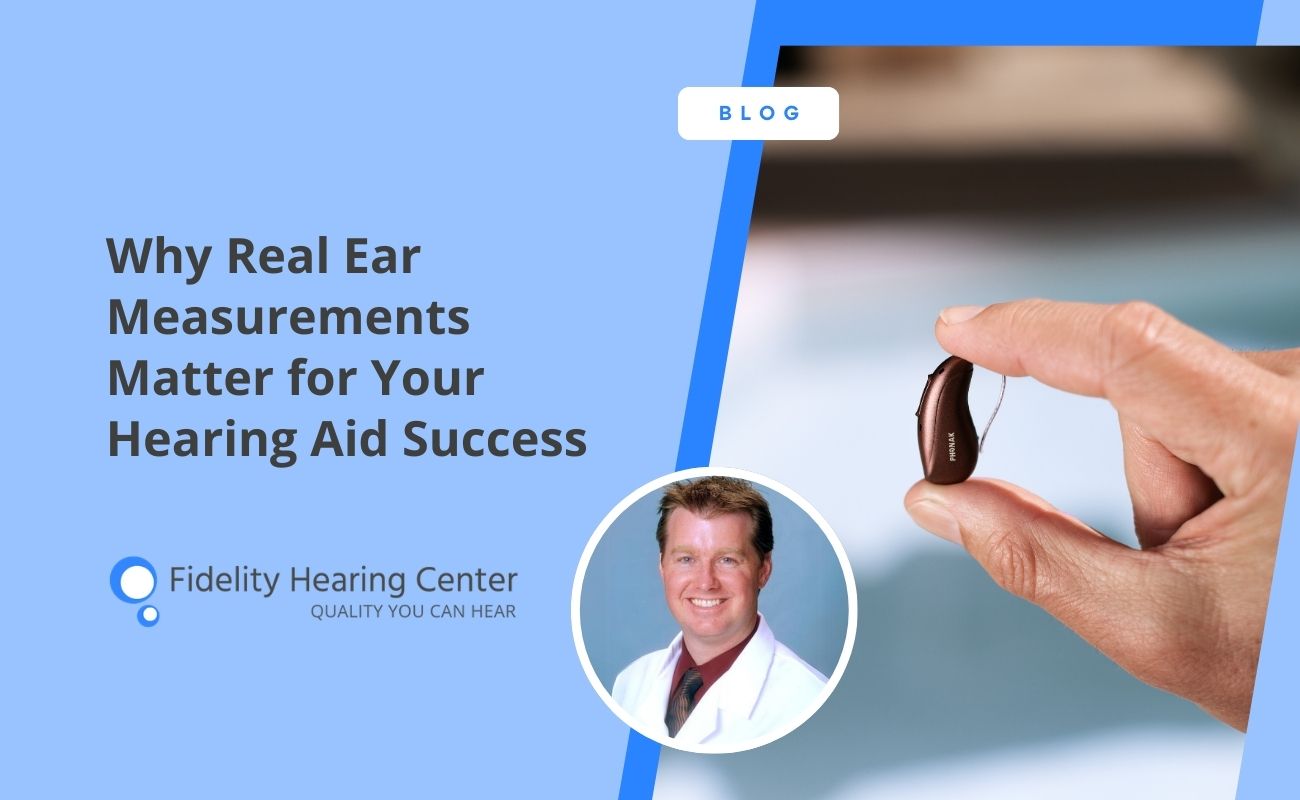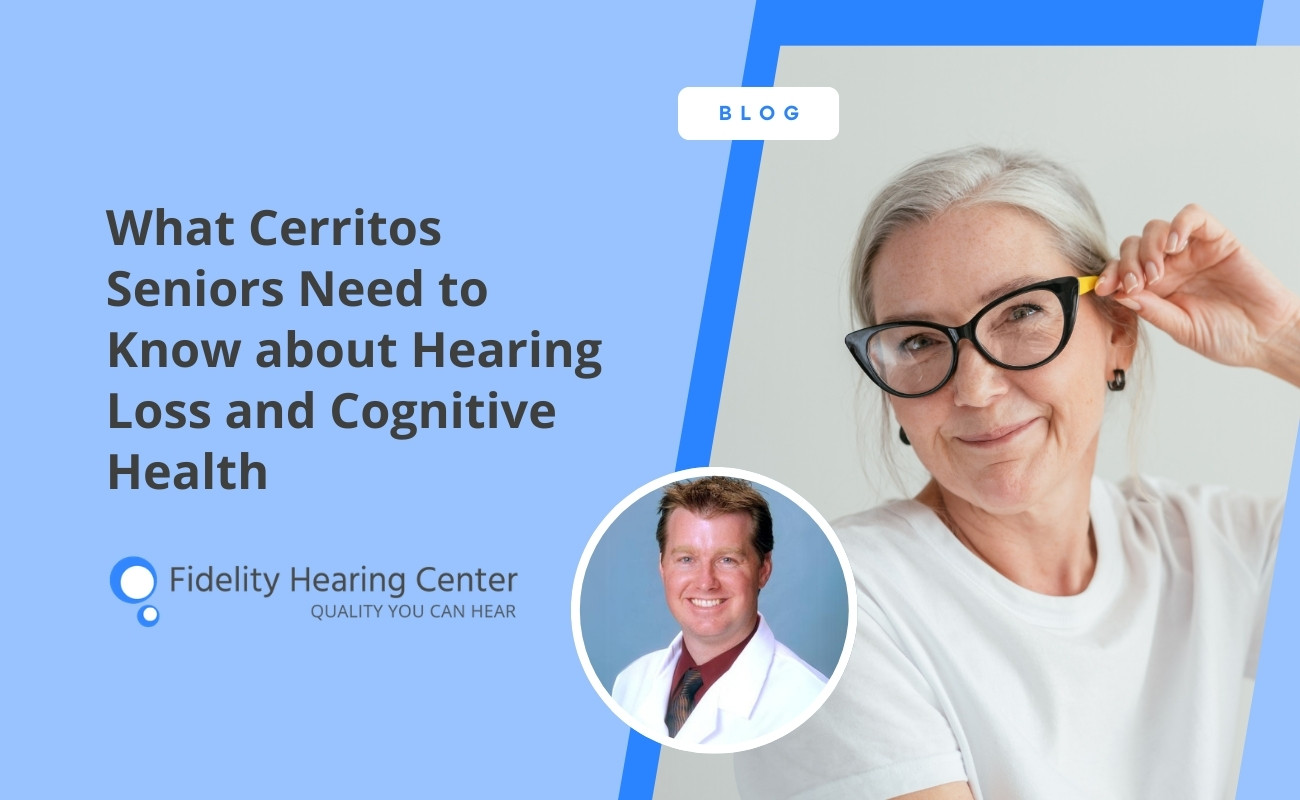The 4th of July is the noisiest holiday of all – the newest fireworks displays are longer, more colorful and, louder! There are such great celebration options on the 4th, parades, picnics, pool parties, family get-togethers and the day ends with the traditional fireworks. Everyone ooohs and ahhs at the aerial extravaganza. Fidelity Hearing Center wants you to enjoy the 4th but use some caution around the loud fireworks to prevent hearing issues. The decibel range of fireworks can be as loud and sharp as gunfire and that finale sound is as loud as the loudest rock concert.
Each year the American Speech Language Hearing Association warns people to celebrate responsibly, and not put their hearing health at risk. Here are some firework facts and tips to enjoy the holiday safely.
All that noise
The sound of exploding fireworks can go as high as 155 decibels. The newer fireworks that have the sort of flash-bang effect at the end can go up to 200 decibels. If we compare that to other loud sounds, a jackhammer is 130 decibels, a jet plane on take off is 120 and a chainsaw is 100 decibels. Studies show sounds louder than 85 decibels can cause permanent hearing loss. There are two types of hearing loss, progressive which is a gradual loss and loss from instantaneous noise – like an explosion. Long or repeated exposure to sounds at or above 85 decibels, for example, a snowblower or construction equipment can cause hearing loss. A big firework “boom” can cause instant damage.
Stay back
Keep your distance because the closer you are to the noise source, the greater the risk of hearing damage. Keep at least 60 or so feet away from where the fireworks are being set off. That’s at least four car lengths away. Children and teens, who do not have fully developed auditory systems should stay farther away – add a couple of car lengths to the distance. This includes staying away from sound systems that might be broadcasting the blasts or loud accompanying music.
Children under the age of 12 months should not be exposed to fireworks. If your child puts their hands on their ears, it’s too loud and you should move father away or use ear protection. Babies and children crying at the fireworks are bothered by the noise, not the light flashes.
It’s an aerial display – the effect is the same if you aren’t being bombarded by the noise.
Use protection
Using ear plugs, ear muffs or noise canceling headphones will still allow you to immerse yourself in the visual experience but will protect your hearing. Ear plugs can be purchased at many stores these days and you can set a great example for your children by protecting your hearing and theirs with ear plugs. Make it fun, get everyone a different color. Remember to roll them in your fingers before inserting so they fit snugly in the ear canal. They are an inexpensive option to protect your hearing.
Another great option, especially for children, is ear muffs. They have soft, pillowed cuffs that are made of material that allows the air to circulate around the ear, but still cup the ear to keep loud noise out. The head bands are slim, so they aren’t heavy or clunky. Monster truck drivers, racing crews, construction workers – all wear ear muffs so there are lots of examples to show the kids and get them used to the idea. There are foldable ones, so they are portable and packable. They come in assorted colors, too.
Set the limits
Think about the rule of “toos” if the noise is “too loud,”” “too long” or “too close” – move away.
There are environmental conditions that can make sounds louder and that affects the distance you need to move away. Fireworks can sound louder if they are being set off in a residential or a commercial area with large building because the sound bounces off the buildings. Weather matters, too. High humidity helps sound waves travel farther.
Seek professional help
If you or your child is experiencing issues because of loud fireworks, get a hearing evaluation at Fidelity Hearing Center. Ringing or buzzing in your ears days after the fireworks should be checked by a professional. Hearing damage and loss due to loud instantaneous sounds can affect all ages.






.png)